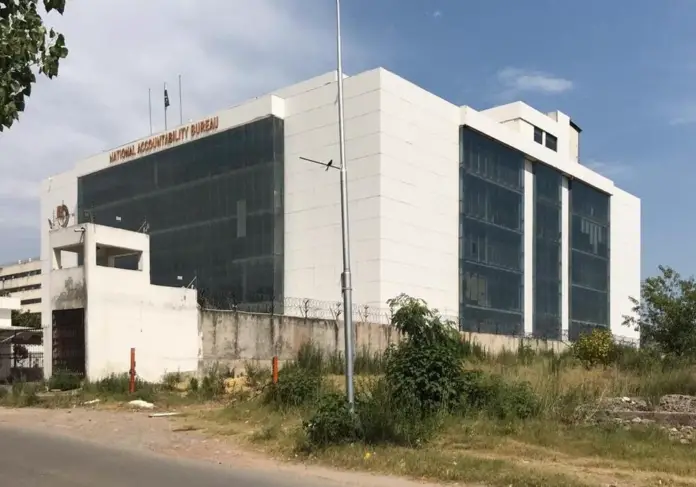In less than a month, the NAB Ordinance has been amended for the third time on October 31, 2021. Instead of the Supreme Judicial Council, the president is now vested with the authority to remove the NAB chairman. Cases involving fraud, money laundering, modaraba, and fake accounts, etc, have been handed back to the anti-graft body.
Contrary to what the second amendment afforded, politicians like Asif Ali Zardari, Shahid Khaqan Abbasi, Shehbaz Sharif and Maryam Nawaz won’t be receiving any reliefs now. The government has tightened NAB’s hold on the opposition’s cases and exempted its own members. The opposition has rejected the amendment “for political engineering and stripping the judiciary of its powers”. Ex-PM Shahid Khaqan Abbasi has accused the government of bringing this ordinance with a mala fide intent to save the corrupt in its own ranks, expressing surprise at amending an ordinance prior to even laying it before parliament. Leader of the Opposition Shehbaz Sharif mentioned the NAB-Niazi nexus and lambasted the PM for giving himself and his government an NRO.
Much to no one’s surprise, NAB has been accused time and again for being used for settling political vendettas. In an interview in May 2019, the NAB chairman admitted not arresting government affiliates in order to avoid instability. A year back, the Supreme Court admonished NAB for showing double standards by forcefully pursuing some cases while conveniently ignoring the others.
Despite his fiery anti-corruption rhetoric and election slogans like ‘do nahi, aik Pakistan’ (not two, one Pakistan), PM Imran Khan is a personification of paradoxes. In short, the latest amendment ordinance has strengthened the executive at the expense of judiciary, further nurturing the belief that in Pakistan, law is not for all.







